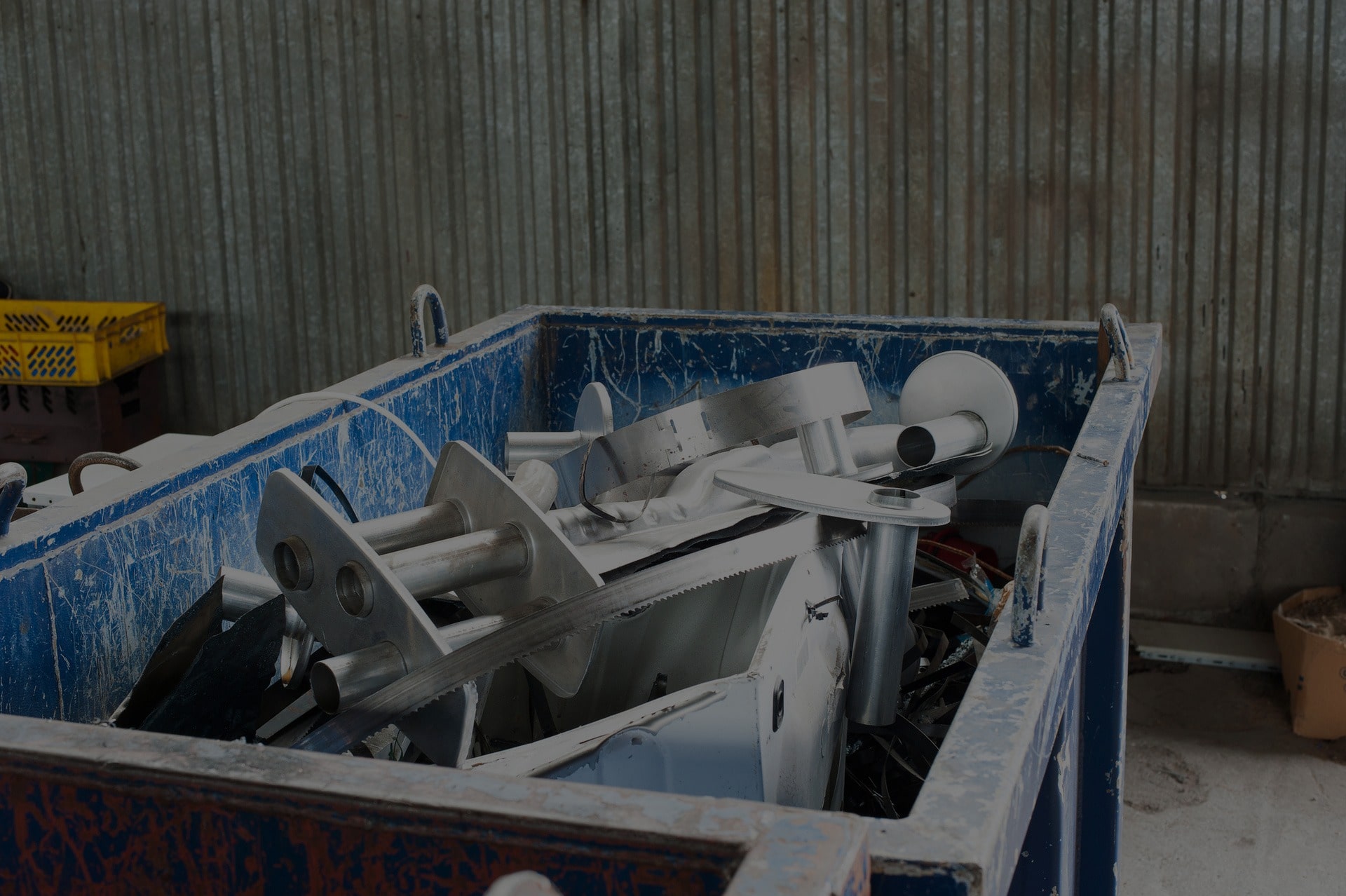Demolition Waste in Florida –
Construction and demolition (C&D) activities generate a significant amount of waste, posing unique challenges in waste management. The state of Florida, like many others, recognizes the importance of effective C&D waste management to reduce environmental impact, conserve resources, and promote sustainable practices. In this article, Ready2Go Dumpsters, a waste management company in Miami, delves into how Florida handles C&D waste, discussing regulations, recycling efforts, waste diversion, and the role of waste management companies in ensuring responsible C&D waste disposal.
1. Understanding Construction and Demolition (C&D) Waste
Construction and demolition waste typically include materials such as concrete, wood, metal, bricks, asphalt, plastics, gypsum, and other construction-related debris. These materials arise from construction, renovation, repair, and demolition activities.
2. C&D Waste Regulations in Florida
In Florida, C&D waste management is regulated by both state and local authorities. Key regulatory bodies include the Florida Department of Environmental Protection (FDEP) and local county or municipal authorities. Regulations outline guidelines for C&D waste handling, transportation, disposal, and encourage recycling and waste diversion.
3. Waste Diversion and Recycling Efforts
a. C&D Debris Recycling Rule: The FDEP has established the C&D Debris Recycling Rule (62-701.730, F.A.C.) to promote the recycling of C&D debris. It encourages the separation and recycling of materials like concrete, metals, wood, and other recyclables from C&D waste.
b. Recycling Facilities: Florida has numerous recycling facilities that process C&D waste. These facilities sort, process, and recycle materials, diverting them from landfills and contributing to resource conservation.
c. Waste Diversion Goals: Many counties and municipalities in Florida set waste diversion goals for C&D projects. Contractors and builders are encouraged to meet these goals by recycling a certain percentage of the C&D waste generated from their projects.
4. C&D Waste Management Practices
a. Source Separation: Encouraging on-site separation of C&D waste at the source ensures that materials suitable for recycling or reuse are diverted appropriately.
b. On-Site Recycling: Construction sites often have designated areas for recycling C&D waste, allowing for efficient sorting and recycling of materials like concrete, wood, and metals.
c. Off-Site Recycling Facilities: C&D waste can be transported to specialized recycling facilities where materials are sorted and recycled according to the C&D Debris Recycling Rule.
d. Landfills: Materials that cannot be recycled or reused are disposed of in designated landfills, ensuring proper waste management and compliance with environmental regulations.
5. Benefits of C&D Waste Recycling
a. Resource Conservation: Recycling C&D waste conserves valuable resources like wood, metal, and aggregates that can be reused in future construction projects.
b. Reduction of Landfill Burden: By diverting a significant portion of C&D waste from landfills, the pressure on existing landfill space is reduced, prolonging landfill lifespan.
c. Economic Benefits: C&D waste recycling creates job opportunities, stimulates local economies, and often proves to be a cost-effective waste management option.
d. Environmental Impact Reduction: Recycling reduces the environmental impact of C&D waste by decreasing the need for raw material extraction and reducing greenhouse gas emissions associated with waste decomposition in landfills.
6. Role of Waste Management Companies
Waste management companies play a crucial role in handling C&D waste responsibly. They provide a range of services, including:
a. Waste Collection and Transportation: Waste management companies collect C&D waste from construction sites and transport it to appropriate recycling facilities or landfills.
b. Waste Sorting and Processing: Some waste management companies have sorting facilities that further segregate materials for recycling, ensuring maximum waste diversion.
c. Waste Disposal and Landfill Services: Waste management companies responsibly dispose of C&D waste in compliance with local regulations, ensuring proper landfilling when necessary.
d. Recycling Solutions: Many waste management companies offer specialized recycling solutions for C&D waste, promoting eco-friendly practices and waste diversion.
7. Challenges in C&D Waste Management
a. Lack of Awareness: Some contractors and builders may not be fully aware of C&D waste recycling regulations and the benefits of recycling, leading to suboptimal waste management practices.
b. Logistical Challenges: Logistics and transportation can pose challenges, particularly for projects in remote or congested areas, affecting the efficient transport of C&D waste to recycling facilities.
c. Costs: Initial costs associated with implementing proper waste management systems, recycling facilities, and transportation can be a barrier for some small-scale projects.
d. Material Contamination: Contamination of C&D waste with hazardous materials or non-recyclable materials can complicate the recycling process and decrease the value of recycled materials.
8. Best Practices for Effective C&D Waste Management
To enhance C&D waste management in Florida, adopting best practices is essential:
a. Education and Training: Educate contractors, builders, and workers about C&D waste regulations, recycling benefits, and best practices for waste segregation.
b. Pre-Project Planning: Incorporate waste management planning into the initial project phase, ensuring adequate provisions for waste handling, recycling, and disposal.
c. Material Tracking and Reporting: Implement systems to track and report C&D waste generation, recycling rates, and waste diversion progress, aiding compliance with waste diversion goals.
d. Collaboration and Partnerships: Foster collaboration between stakeholders, including contractors, waste management companies, and recycling facilities, to streamline C&D waste management processes.
9. Ready2Go Dumpsters: Your Partner in C&D Waste Management
At Ready2Go Dumpsters, we understand the importance of responsible C&D waste management. We offer tailored waste management solutions for construction sites, ensuring efficient collection, transportation, recycling, and disposal of C&D waste. Our commitment to sustainable practices aligns with Florida’s waste management regulations and goals, promoting a greener and more sustainable construction industry.
Effective management of construction and demolition waste is crucial for a sustainable future. Florida’s approach involves regulations, recycling efforts, waste diversion goals, and active participation from waste management companies. By adhering to regulations, promoting recycling, and employing best practices, the state can significantly reduce the environmental impact of C&D waste, conserve resources, and foster a more sustainable construction industry. Together, we can build a cleaner and greener Florida through responsible C&D waste management. Contact us to learn more.






